News - Advertising
Economic slowdown hits Lebanon OOH industry; spends drop 70-80%
by Ghada Azzi
January 11, 2020
.jpg) Advertisement
Advertisement
What is really happening out there?
"The drop in spending in comparison versus last year is as follow: October -45%, November -86% and December so far -86%. It is equivalent to such an abyssal amount that there is no need for any comment," noted Antonio Vincenti, CEO of Pikasso Outdoor Company.
According to Mazen Moussallem, CEO of Treead, The media company behind Le Reseau, Screens, Maps and Kurve outdoor companies, "the spends on OOH have decreased by 85% in the past months. We are today working at 10% capacity," he said. “Almost all campaigns were cancelled as of November 2019, some of them as of October 17th. Besides, brand owners have also shortened the duration of existing campaigns."
With advertising spend naturally following the health of the consumer sector, the first effect of the meltdown hit the OOH media sector, as companies witnessed a spate of cancellations from their long term clients.
Big advertisers in this space such as real-estate biggies, automobile companies, banking, insurance & financial organisations and consumer electronics firms cold-shouldered this sector as consumer demand dried up.
"Just a few days after the start of the uprising on October the 17th, advertisers and media agencies sent cancellation of their OOH campaign bookings. This was not surprising as many roads were blocked, dwelling was disrupted, banks were closed for 15 consecutive days, a premiere in Lebanon’s history; same for retail, which was almost off except for supermarkets," explains Vincenti.
"As a first reaction, we displayed the Lebanese flag on all our 64 roadside digital screens to support the Lebanese youth in their aspiration to a change. This was warmly welcomed by our fellow citizens. As the situation lasted more than expected, and our orders' book was still flat, we decided to turn them off until better days.
"We did the same with the Large Format inventory removing old campaigns and displaying a white flex, except for the ones booked on an annual basis," Vincenti adds.
Digital screens get turned on only upon the booking of a new campaign.
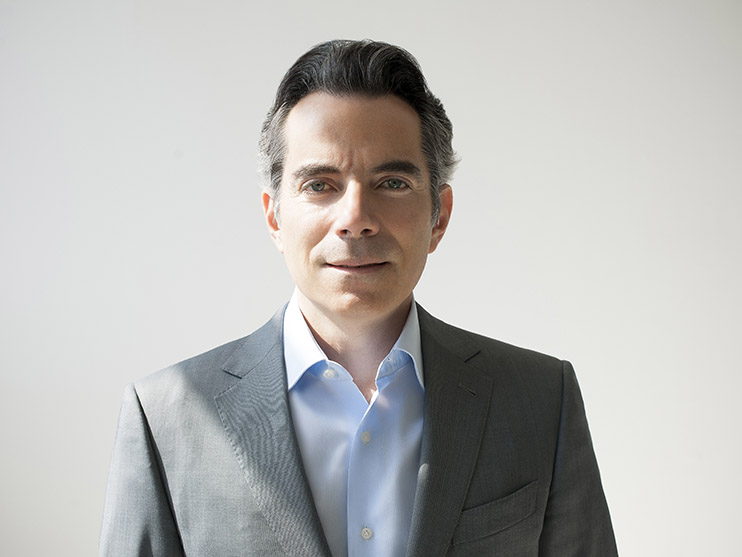
"We’re facing a very strong storm, there’s nothing to do about it except cutting costs and waiting..."--Antonio Vincenti
The Search for Solutions
The drastic fall in hoarding rates and lack of demand has called for a meeting of all OOH suppliers to try finding solutions to pull out of this situation.
"An interesting and productive meeting that gathered almost all OOH suppliers occurred under the auspices of the Advertising Association (AA) early December," said Moussallem.
It was unanimously agreed to take the following three decisions: Request from municipalities a 6-month moratorium on license fees; Request from landowners a 6-month rebate on rental fees; Commit not to compete against each other in terms of acquiring an inventory or a location currently owned by a competitor for a period of three years.

"I fear that the economic activity will not regain momentum anytime soon."--Mazen Moussallem
Moreover, the AA was forced to find effective ways to counter this critical situation, offering some considerable advantages at the outset of the festive season to help the OOH industry pick its pace a little.
"We have launched appealing and unheard of packages for December 2019 that unfortunately didn't grab interest nor encouraged clients to spend during the festive season. Clients want stability and require the possibility to import in order to spend, and with the capital control in place I fear that the economic activity will not regain momentum anytime soon," noted Moussallem.
The present instability certainly does not inspire much optimism for the near future. In short, amidst the waiting and watching, the curve is spiraling downwards. Every month is turning out to be worse than the previous one. "We’re facing a very strong storm, there’s nothing to do about it except cutting costs and waiting for things to move in the right direction in hope of better days in the near future, concluded Vincenti.


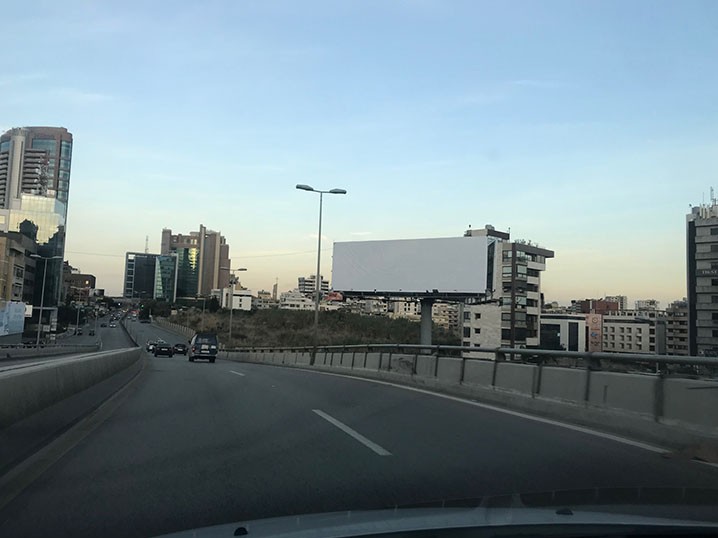
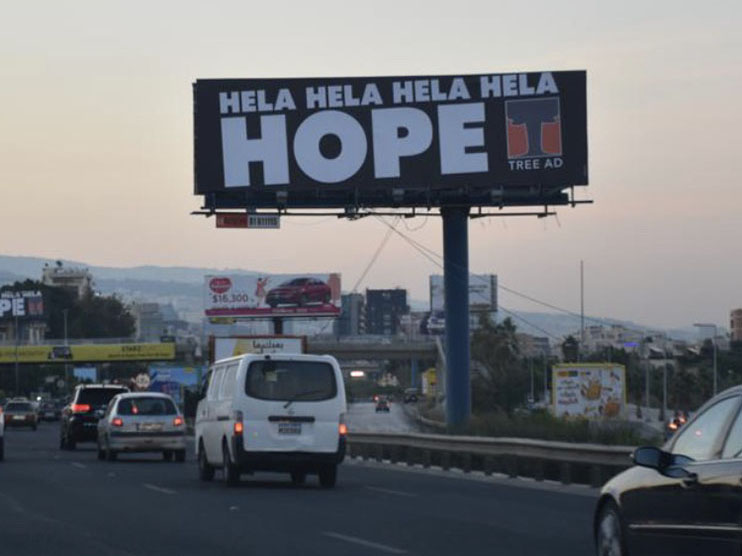
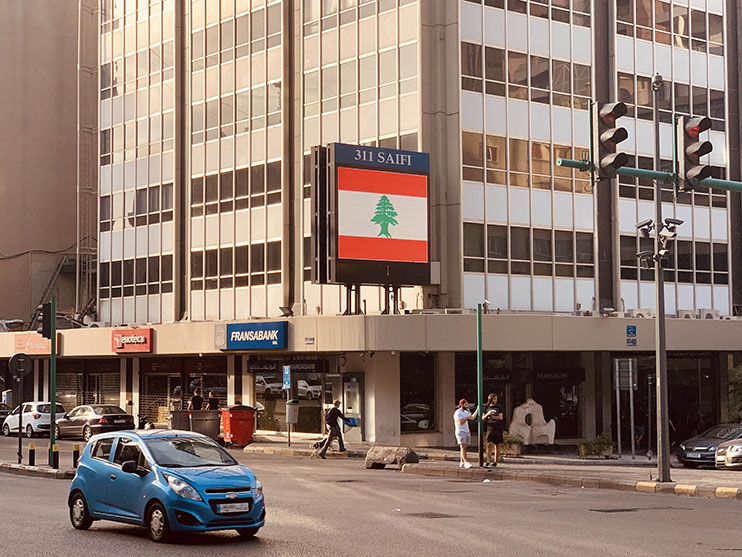
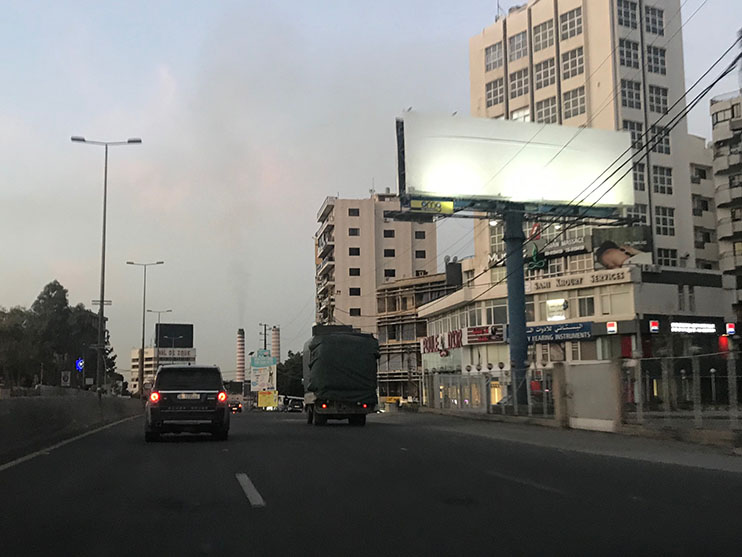
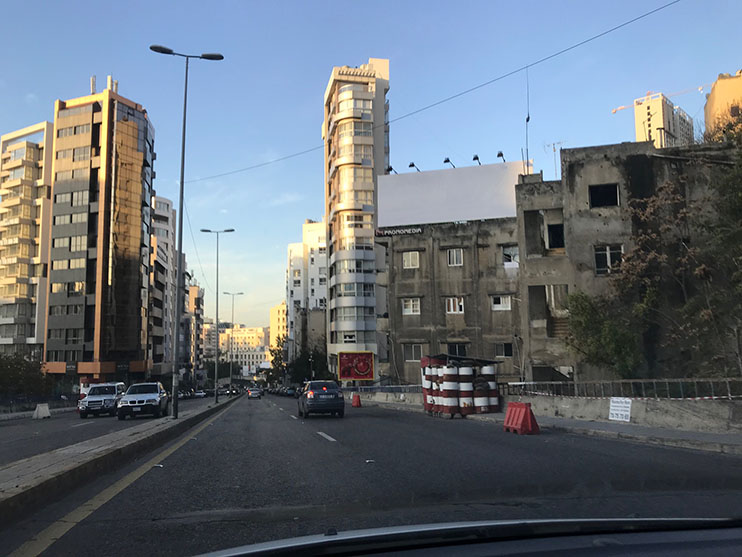
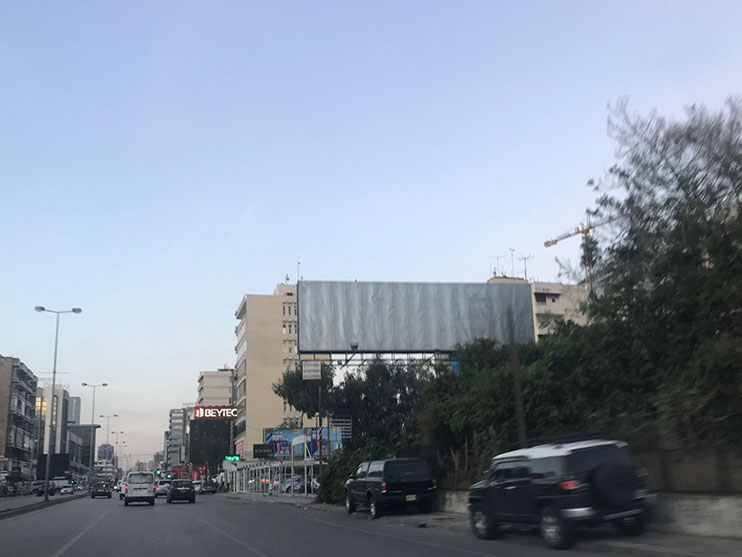
.jpg)
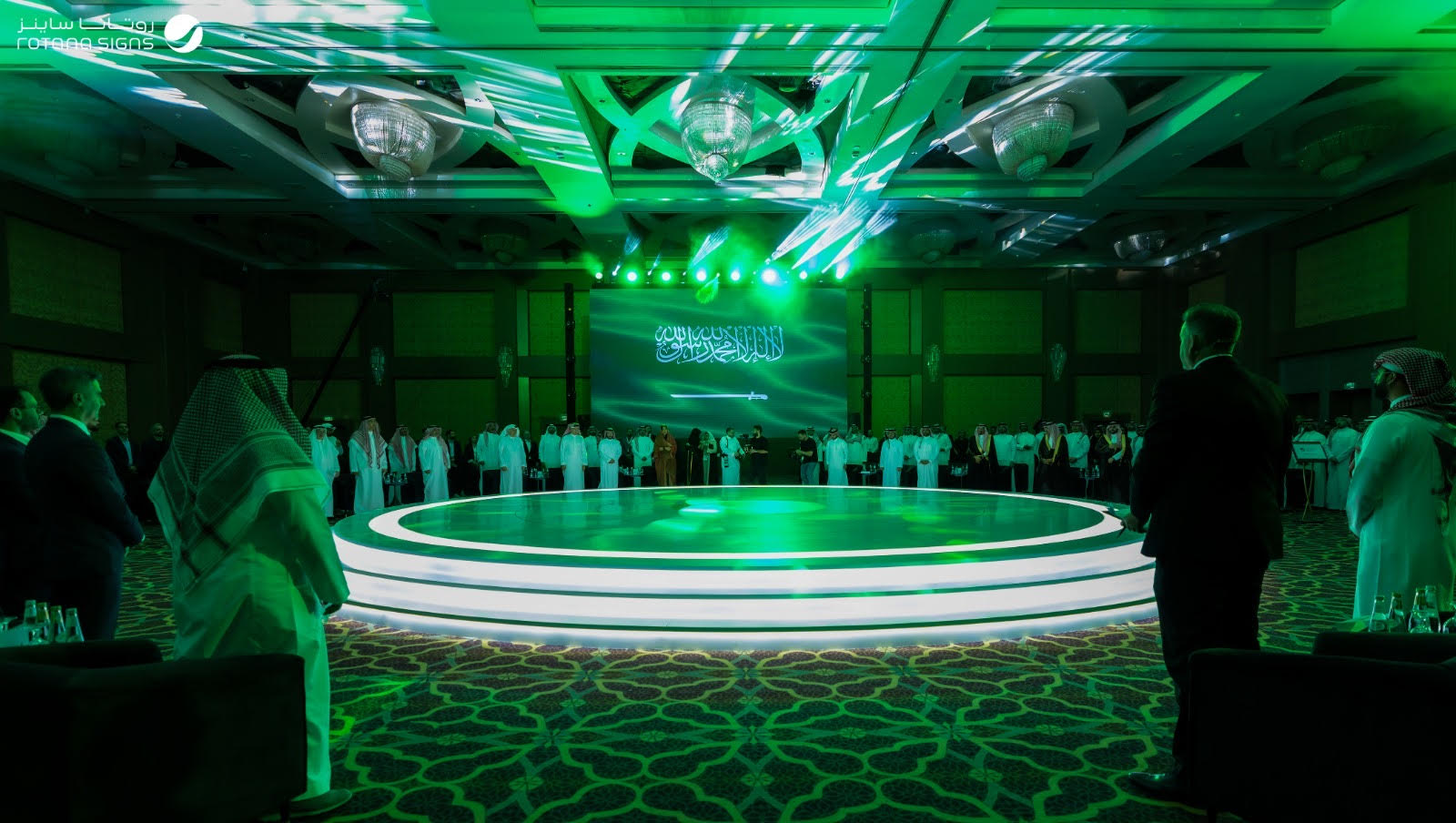



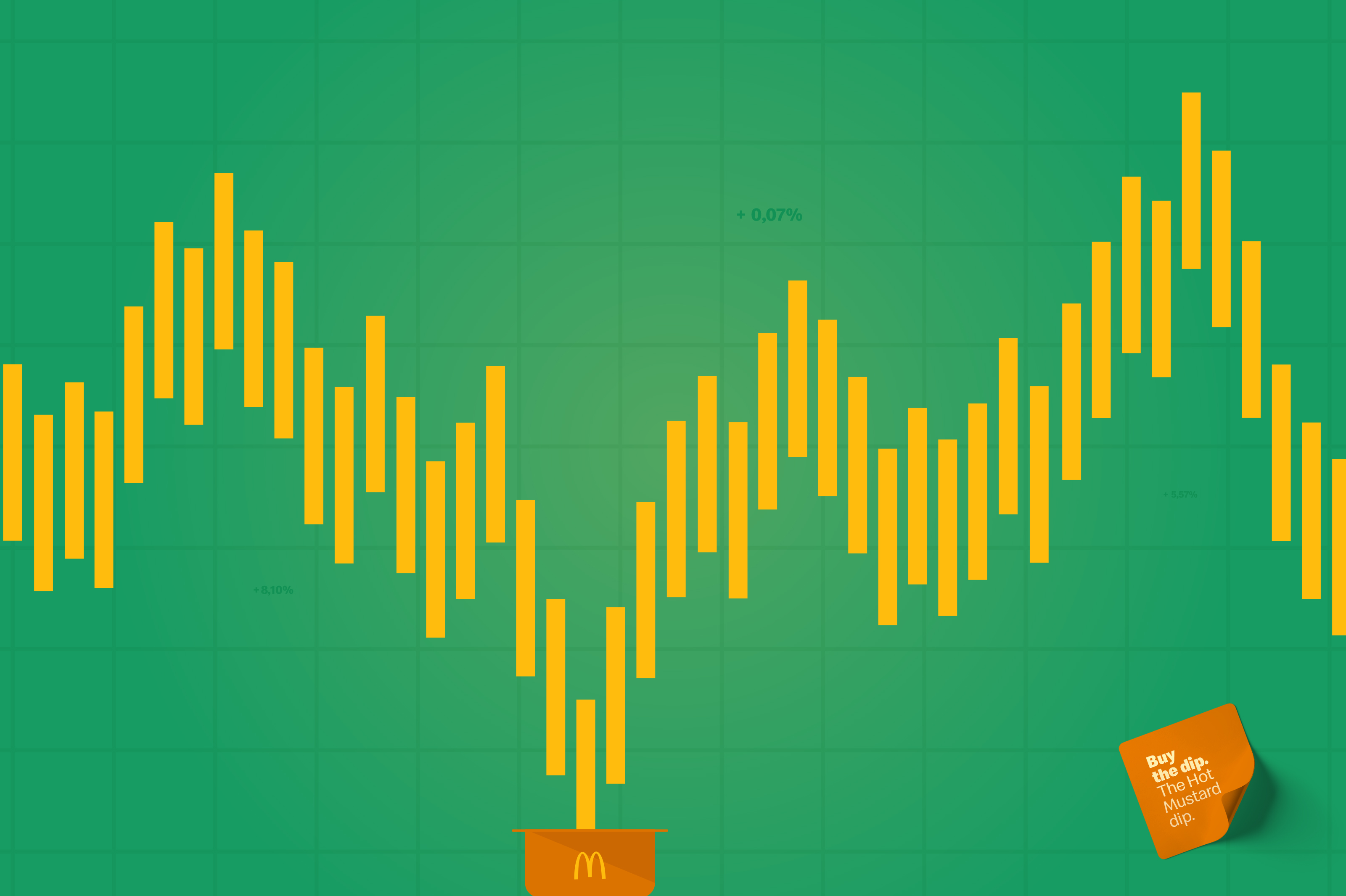
.jpg)




